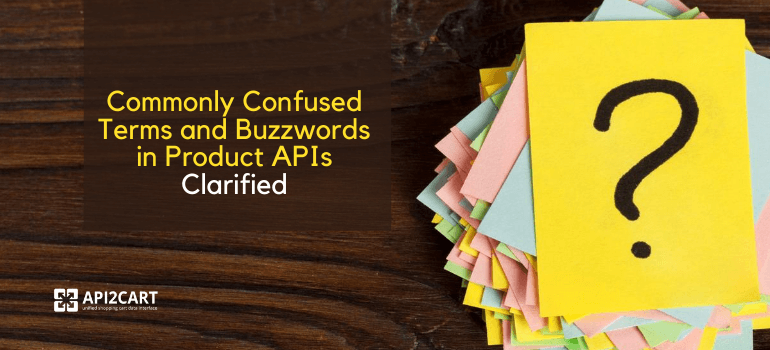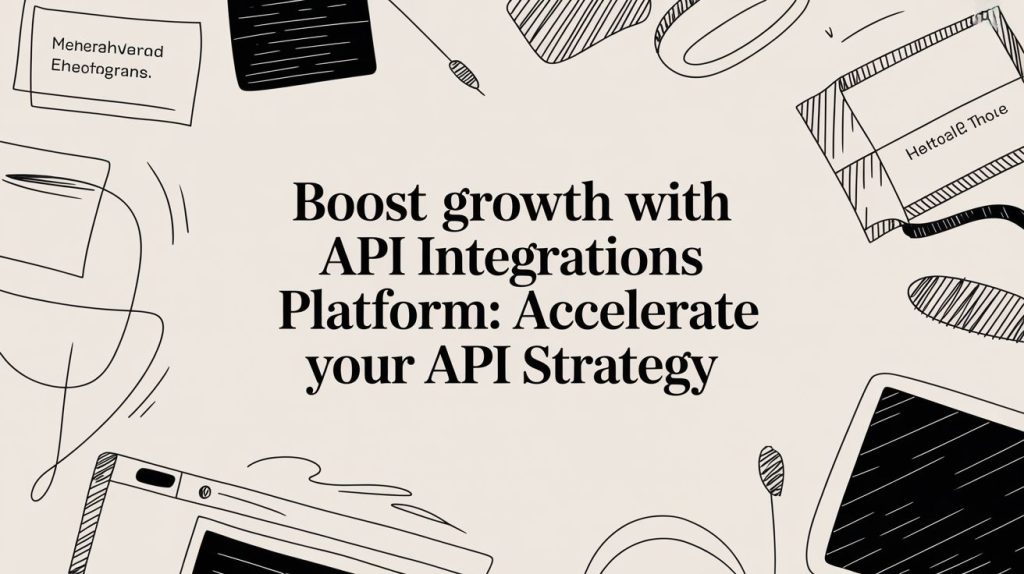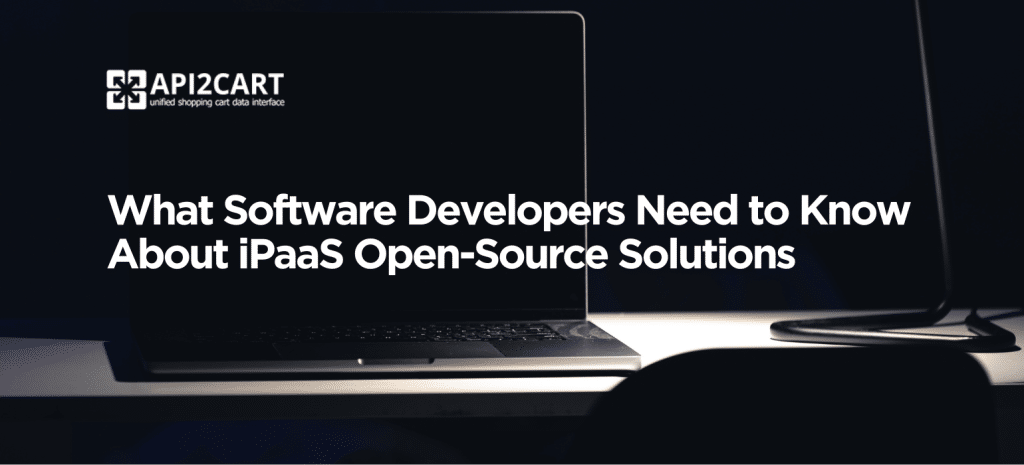
Buzzwords keep coming up in eCommerce tech space, which is already brimming with them. Buzzwords can irritate and annoy, but the real problem is that they often cause misunderstandings.
Some terms can perplex not only novices in tech but also experienced industry players. So we have decided to clarify most confusing API related terms and buzzwords:
What is Product API
Product API allows you to receive product information and manage the catalog. First, the product API will enable you to receive product information. Product API automatically provides the necessary information from any shopping or eСommerce platforms product page with which integration is configured to work effectively. For example, you can get the full up-to-date price, image, product statement, product identification, brands, and more. In addition, you can use the product API to monitor their availability and visibility. Finally, the product API allows you to make direct queries to the database through functions to solve problems.
Simply put, this method is more adapted and responsive to the user's needs. With this capability, you can easily manage products and their information. It is not just a set of APIs that serve different purposes and work together in a single program or software, although an API product must be a way to deliver a business solution or capability.
IpaaS (Integration Platform as a Service)
Enterprises increasingly need to get various connections with applications to be able to manage them all via a single interface. And IpaaS is what makes it possible to easily connect to a number of platforms/systems/apps. For example, API2Cart is an IpaaS that enable e-commerce software vendors to integrate with multiple shopping carts at once.
Product Attribute & Product Option & Product Variant
Product attribute: Characteristic of a product like type, color, size, etc. The administrator of the online store sets attribute value.
Product option: Value represented by an attribute. For example, “small”, “medium” and “large” can be options for an attribute “size”; “blue” or “white” can be options for an attribute “color”.
Product variant: A concrete product that has a set of attributes and each option of that attribute. For example, product variants are a “medium white dress” or a “small blue dress”. Every product variant usually has a different SKUs, each of these shirts is a variant.
RealTime API
Some people think that Realtime API is an API that returns responses fastly (in milliseconds) or even immediately. Well, it’s not just a “RealTime” API that should provide a response to queries in a short span of time, it is a duty of any self-respecting API.
What Realtime API really means is that when you make a request, the API checks the page that you queried and sends back a product information, that is actual at the moment of query.
Synchronous vs Asynchronous API Calls
Synchronous API calls
In short, synchronous API call are those that are processed one after another. It means that you can make a call only after the previous API call is returned. For end users, it usually seems to be a latency or performance lag in your app, that is why asynchronous requests are typically more preferable.
Asynchronous API calls
Asynchronous calls do not wait for a response from the server to proceed with further calls. Instead, asynchronous API calls typically require a “callback” which will be executed after the shutdown.
API2Cart’s API is an asynchronous, RESTful API. It allows to send up to 10 requests simultaneously, which means you don’t have to wait for the API to respond before sending the next query. Thus, our customers can offer a lag-free experience for their end users.
API call quota vs API call rates
API providers usually rely on API call quotas when defining their pricing plan.
Essentially, API call quotas refer to the limited number of HTTP pull requests the system can make to the API endpoint. In case you want to be able to make more API calls, you have to upgrade to a higher plan.
Contrarily, API call rates define API bandwidth, which depends on the number of asynchronous calls that system can perform per time span (normally defined in seconds) to the API endpoint. It means that if you’re allowed to make up to 7 requests per second, the API endpoint will take 7 parallel requests every second and process them asynchronously. Thus, there is no need to wait for a response from the API before sending another request.
Ultimately, API quotas and call rates are different tools API companies use to control server loads and set user prices. Some of them may need higher API quotas with ability to send a higher volume of requests per second to provide a seamless experience for their end users.
API call rates play much more important role in the overall application performance than API call quotas. Having access to a high bandwidth (higher API call rates) means that application can deal with higher traffic and request loads.
Latency
Latency is one of the main API performance metrics. It is the average time interval between query and response. Well-elaborated APIs have low latencies and can process big volumes of requests, while poorly designed APIs have high latencies.
Suppose you run any of eCommerce software solution and are interested in integrating your solution with multiple shopping carts. Given the challenges associated with integration and the number of integrations required to cover all of your customers' eCommerce platforms, you need a unified solution to establish integration between your eCommerce software and all shopping carts.
API2Cart provides a unified API that allows you to integrate your software with multiple shopping platforms and marketplaces, including industry leaders like Shopify, Magento, WooCommerce, Bigcommerce, Volusion, PrestaShop, OpenCart, and others at the same time. Using API2Cart will save not only money, but also time. We help eCommerce software providers get and manage the data they need from our API methods. There are more than 100 of these useful methods. In addition, you can learn more at any time about the terms Product API, Product Attribute, Option, Variant, and others in our API documents.
Contact us or try how API2Cart would work for your business.



